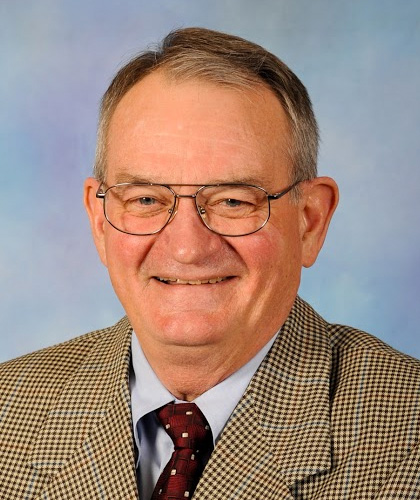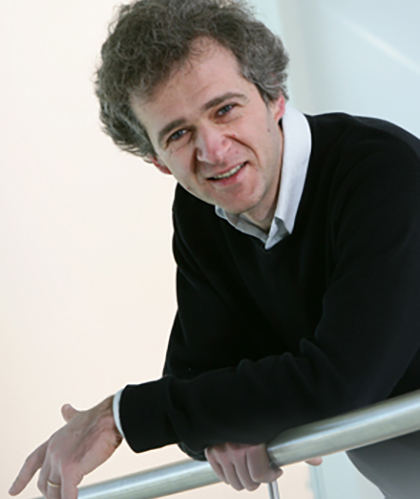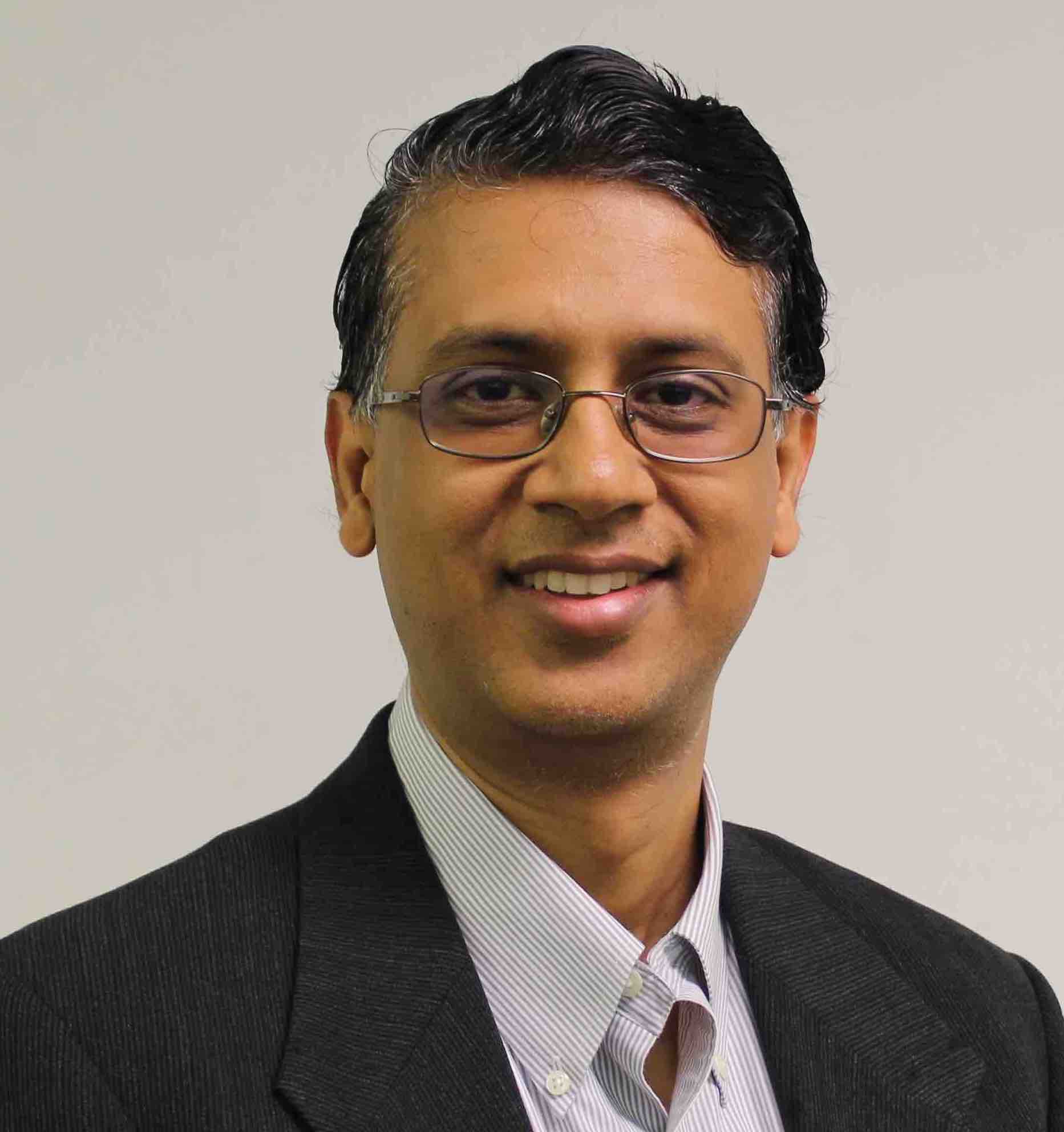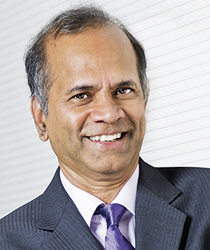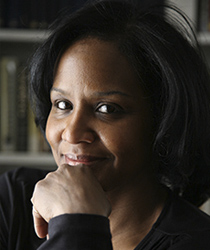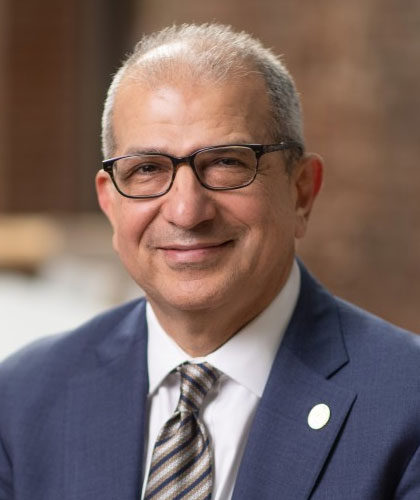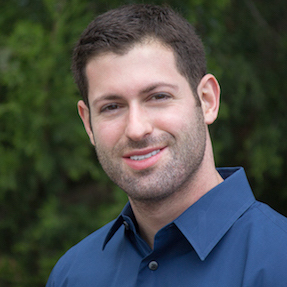Faculty Directory
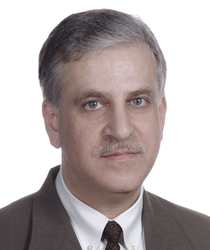
Abed, Eyad H.
Professor
Former Director, Institute for Systems Research (2002–2008)
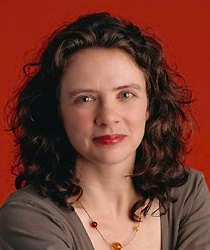
Abshire, Pamela
Professor
Fischell Institute Fellow
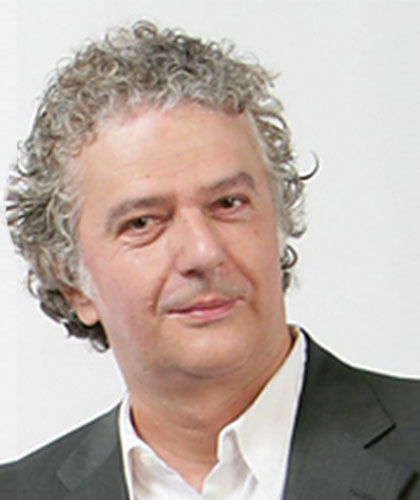
Aloimonos, Yiannis
Professor
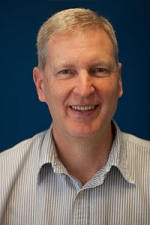
Anlage, Steven
Professor
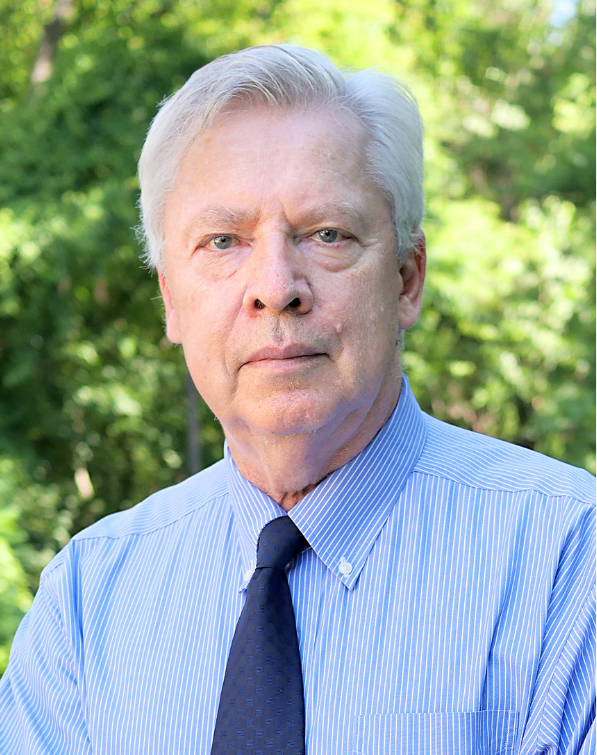
Antonsen, Jr., Thomas M.
Distinguished University Professor
ECE Professor of Electrophysics

Asgari, Bahar
Assistant Professor
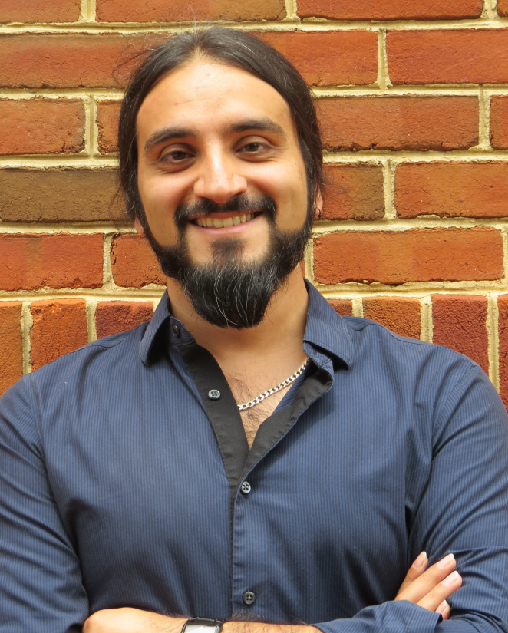
Babadi, Behtash
Associate Professor
Associate Chair for Graduate Studies
Basu, Debtanu
Faculty Specialist
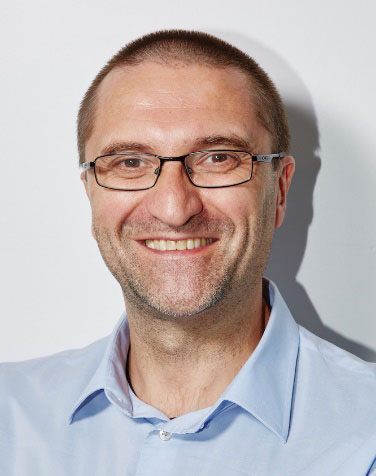
Belta, Calin
Brendan Iribe Endowed Professor
Electrical and Computer Engineering
Computer Science
Maryland Robotics Center
Computer Science
Maryland Robotics Center
2337 A.V. Williams Bldg.
calin@umd.edu
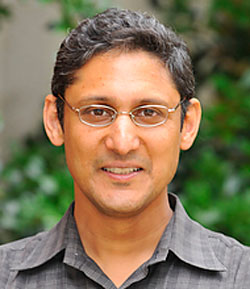
Bhattacharyya, Shuvra S.
Professor

Butts, Daniel
Associate Professor
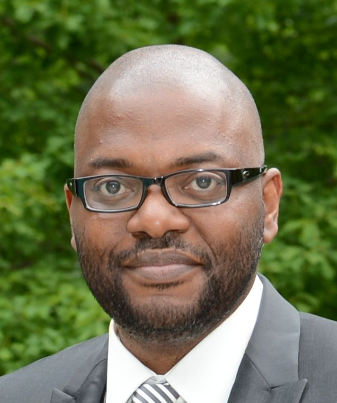
Chembo, Yanne
Professor
Director, Institute for Research in Electronics and Applied Physics
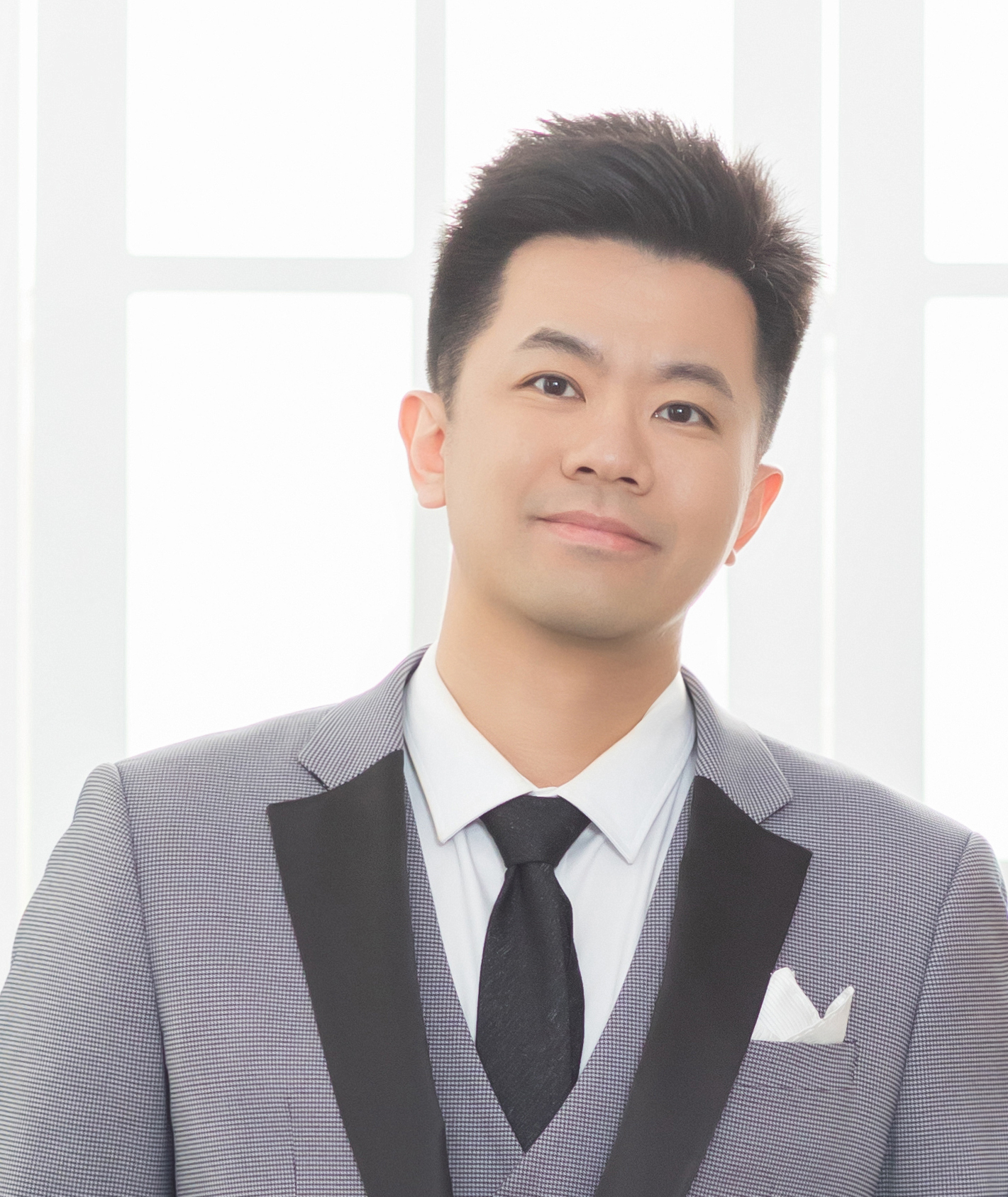
Chen, Po-Yen
Assistant Professor
Chemical and Biomolecular Engineering
Maryland Robotics Center
The Institute for Systems Research
Maryland Energy Innovation Institute
Electrical and Computer Engineering
Maryland Robotics Center
The Institute for Systems Research
Maryland Energy Innovation Institute
Electrical and Computer Engineering
Room 1223C, 4418 Stadium Dr., Chemical & Nuclear Engineering Building, College Park, MD 20742-2111
checp@umd.edu
301-405-0153
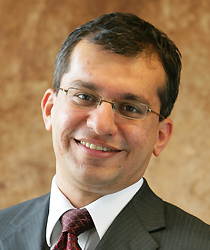
Chopra, Nikhil
Professor
Director of Undergraduate Studies
Cukier, Michel
Professor of Reliability Engineering
Director, Advanced Cybersecurity Experience for Students
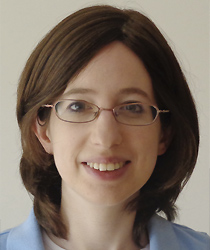
Dachman-Soled, Dana
Associate Professor
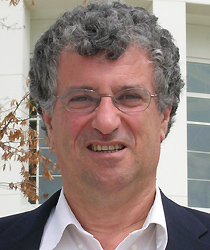
Dagenais, Mario
Professor
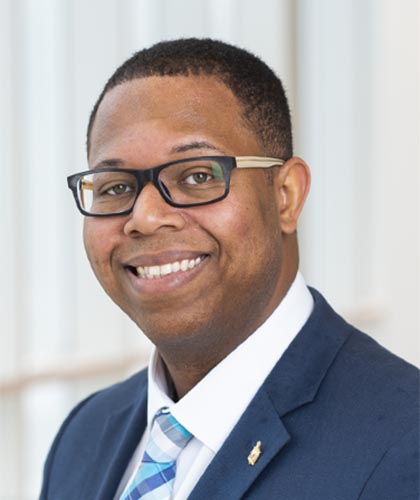
Daniels, Kevin
Associate Professor
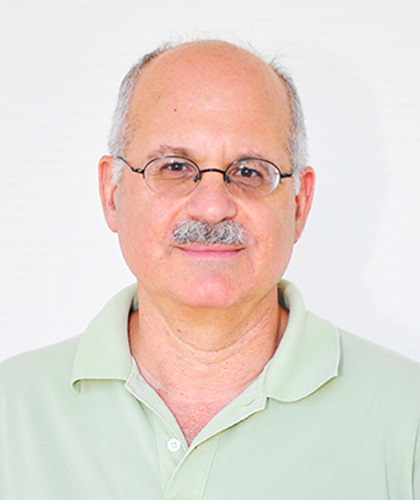
Davis, Larry
Professor
Davisson, L.D.
Professor Emeritus

Dumitraș, Tudor
Associate Professor

Duraiswami, Ramani
Professor
Computer Science
UMIACS
Electrical and Computer Engineering
Brain and Behavior Institute
UMIACS
Electrical and Computer Engineering
Brain and Behavior Institute
3361 A.V. Williams Building
ramanid@umd.edu
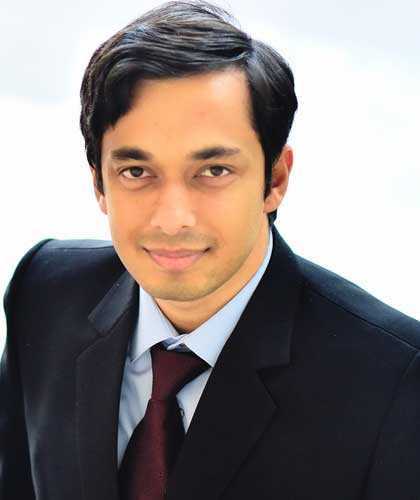
Dutt, Avik
Assistant Professor
Fellow, National Quantum Lab
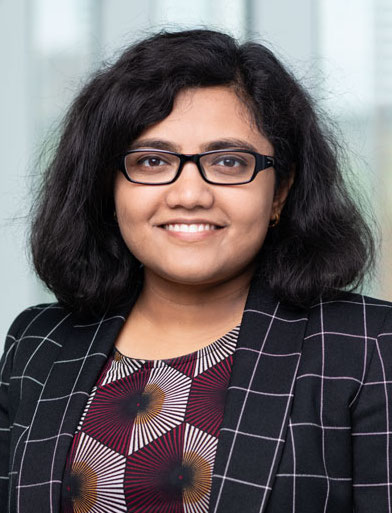
Dutta, Sanghamitra
Assistant Professor
Emad, Fawzi P.
Professor Emeritus
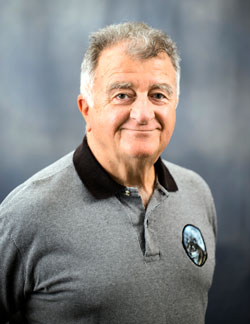
Ephremides, Anthony
Distinguished University Professor Emeritus
Cynthia Kim Eminent Professor of Information Technology
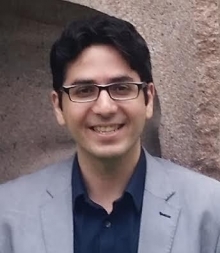
Feizi, Soheil
Assistant Professor

Franklin, Manoj
Associate Professor
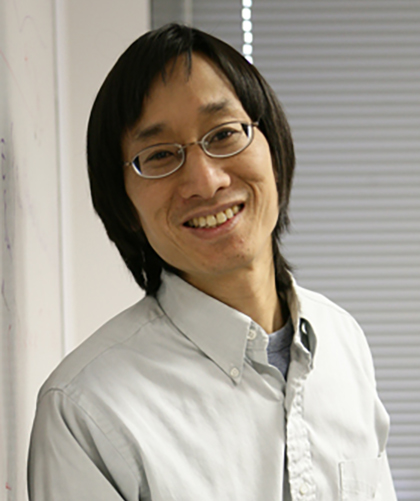
Fu, Michael
Professor
Smith Chair of Management Science
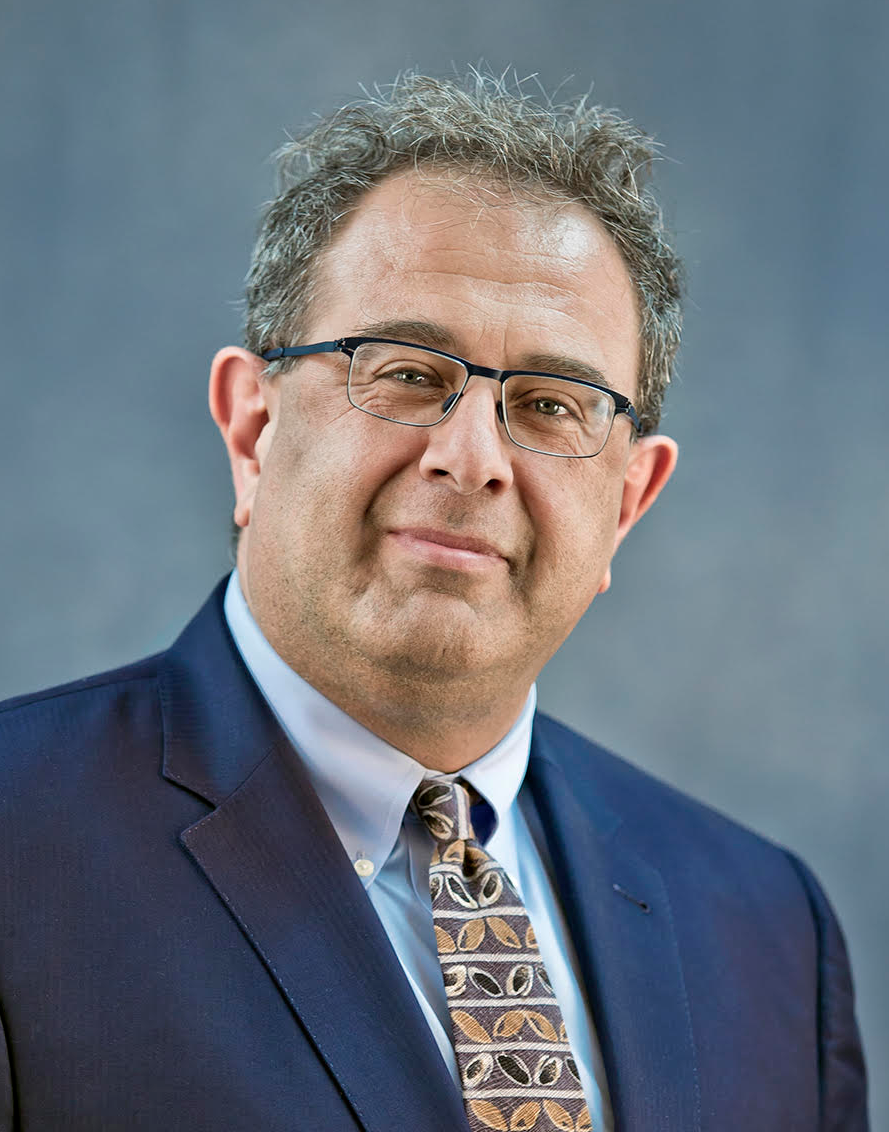
Ghodssi, Reza
Distinguished University Professor
Herbert Rabin Distinguished Chair in Engineering
Former Director, Institute for Systems Research (2009-2017)
Executive Director of Research and Innovation
Fischell Institute Fellow
Founding Co-Director, Brain and Behavior Initiative/Institute (2015-2021)
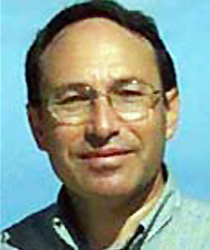
Goldhar, Julius
Professor

Goldsman, Neil
Professor
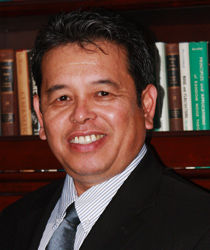
Gomez, Romel
Professor
Keystone Professor
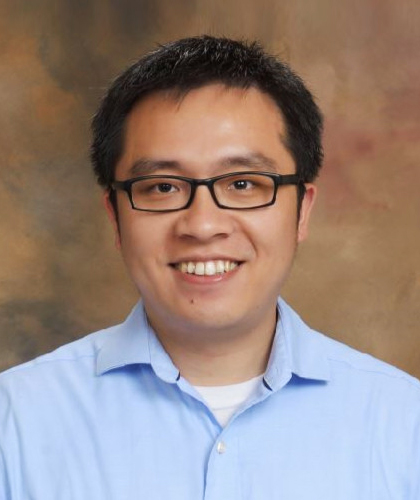
Gong, Cheng
Associate Professor
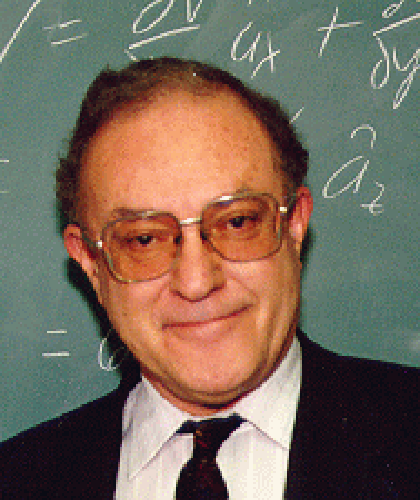
Granatstein, Victor
Professor Emeritus

Guha, Saikat
Clark Distinguished Chair Professor
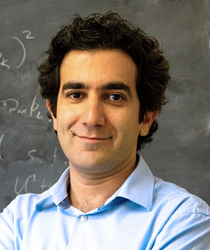
Hafezi, Mohammad
Minta Martin Professor
Harger, Robert O.
